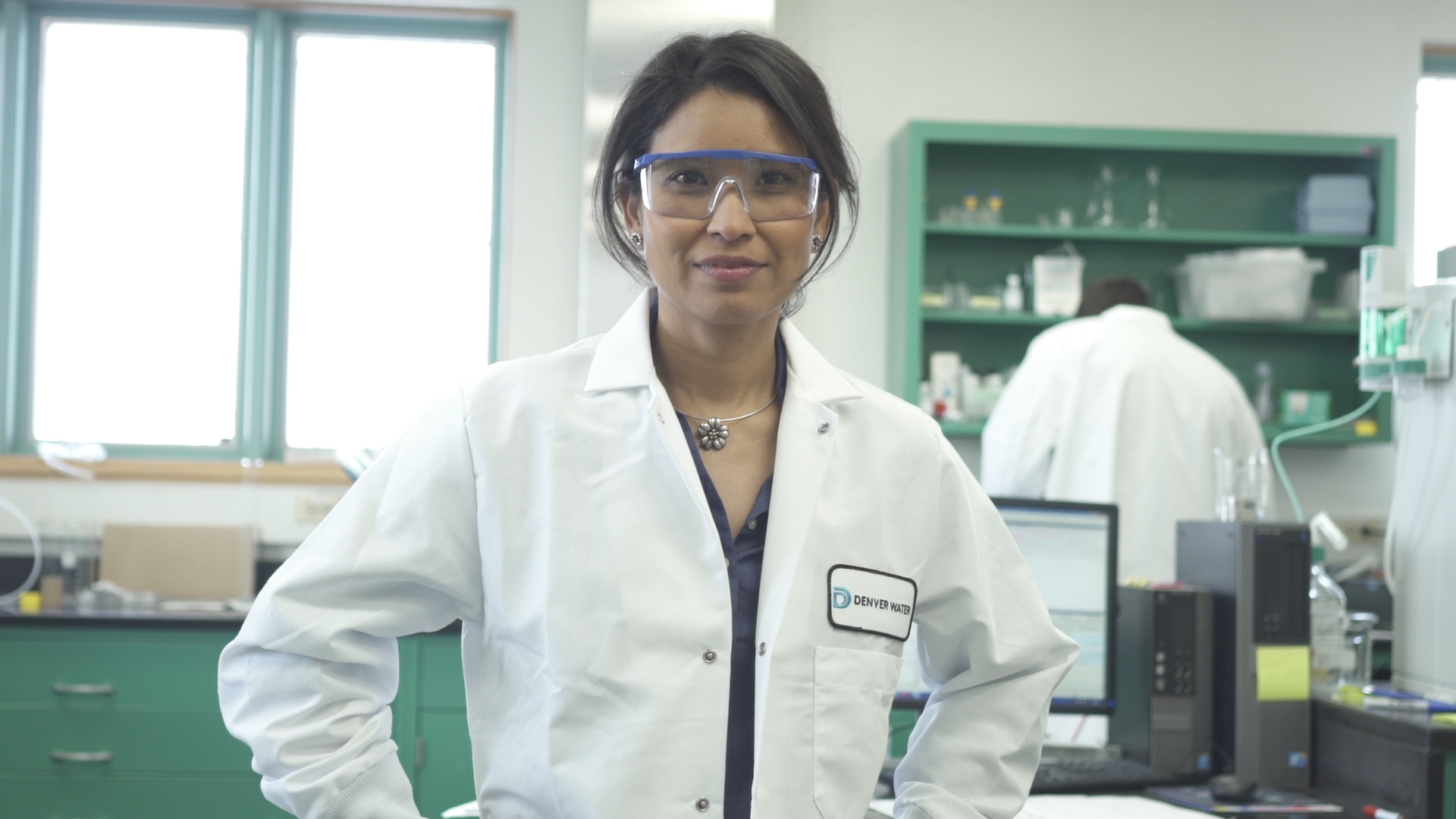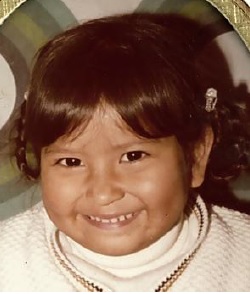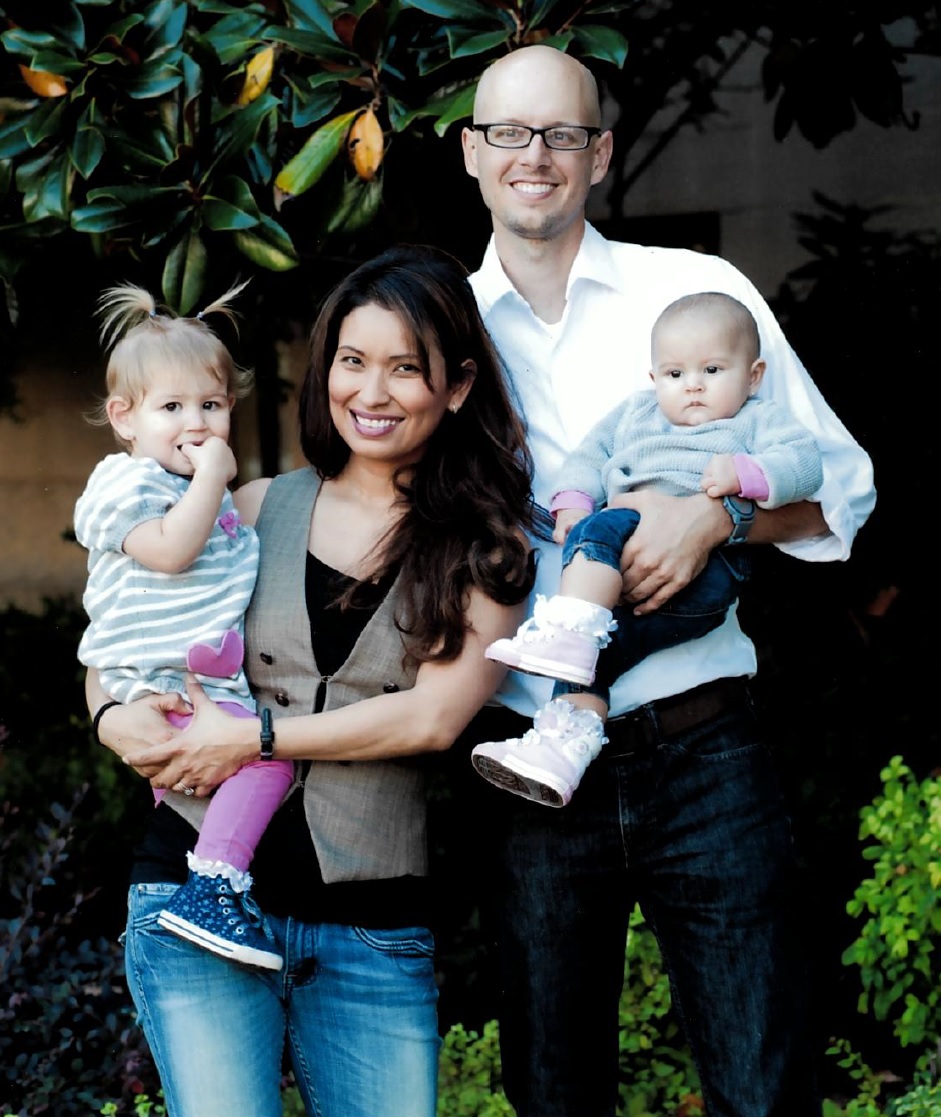
Out of the shadows to lead the water industry
Editor’s note: Sept. 15 through Oct. 15 is National Hispanic Heritage Month, a time to recognize the contributions of Hispanic and Latino Americans to our nation. Just like our customers, Denver Water employees have diverse backgrounds, and we’re proud of our rich cultural diversity that reflects the 1.4 million people we serve.
As a young girl, Selene Hernandez-Ruiz remembers the summer the fireflies didn’t return to the river behind her grandmother’s house, a waterway that had become a highway for sewage, trash and debris.
“I watched this beautiful ecosystem degrade over time,” she said of the river, about an hour south of Mexico City. “I knew then I wanted to do something for the environment.”
She would turn that passion into a career, despite the odds that would be stacked against her: moving to the United States as a teenager, learning English, worrying about being here illegally while working to pay for college as an international student.
Now Hernandez-Ruiz, who has a doctorate in science and wrote her dissertation on endocrine disruptor compounds in water, manages Denver Water’s water quality lab, overseeing the safety and purity of Denver’s drinking water.
But she remembers the years she lived in the shadows.
“I was concerned about being targeted and deported, concerned that it would end my educational aspirations,” said Hernandez-Ruiz, who received U.S. citizenship almost 20 years ago. “I was worried, but my desire to advance my education was more powerful than my fear.”
In 1994, when Hernandez-Ruiz was 14, her parents took a business trip to San Antonio. At the time, her mother, a stay-at-home mom, and her father, who designed financial models for a mining company, were worried about economic uncertainty, crime and corruption in Mexico.
When her parents returned from their trip, they told their children they had a souvenir so big that “they couldn’t fit it in their suitcase,” Hernandez-Ruiz recalled. “They told us they’d bought a house, and we were going to move in two months.”
Her dad procured a legal visa through his job. The rest of his family did not.
“We faced a broken immigration system that left us in the shadows to hide for years,” she said.
At 18, Hernandez-Ruiz became financially independent and left her parents’ home. She started taking classes at a local community college.
But without legal status, she paid the higher tuition price required of international students. She worked as a waitress at night and an administrative assistant during the day, napping in her car between classes and eventually paying every cent she owed.
She considered herself lucky and viewed the United States as the land of opportunity for anyone willing to work hard.
But these days, she worries immigrants might hold themselves back, not believing they can contribute to careers beyond unskilled labor jobs.
Her advice?
“Keep learning and keep your chin up, because we have so much to contribute to our society and to the U.S.,” Hernandez-Ruiz said. “Perceived barriers are temporary, and time and effort will make us stronger as a whole in a nation that keeps diversifying over time.”
At home, Hernandez-Ruiz encourages her daughters, ages 5 and 6, to learn about their Mexican roots. She talks to her daughters in Spanish, so much so that her 5-year-old has suggested her “Mami” enroll in English classes.
“She says, ‘Mom, repeat after me, “I love you,”’” Hernandez-Ruiz laughs. “But it’s important to me that they know where they come from, the struggles that immigrants go through, and for them to keep an open mind about the world that surrounds them.”
She tells them she’s a citizen of two countries who appreciates both cultures, loves her job and is proud of her contributions to her new country and to the environment.
And she’s grateful for her Denver Water colleagues, people who are open-minded and see Hispanics as people with capacity to learn, love and contribute to the water industry, environment, nation and world.
“I feel so sad when I see a segment of our youth that is so fearful and has a sense that there’s no hope,” she said.
“Because there is hope. The more we can apply ourselves in excelling in academics, that’s the best way to make contributions to our nation and our culture. Knowledge is a catalyst for progress and happiness.”



